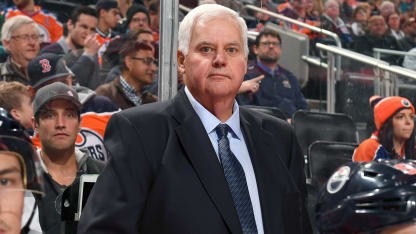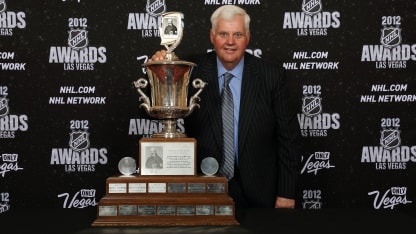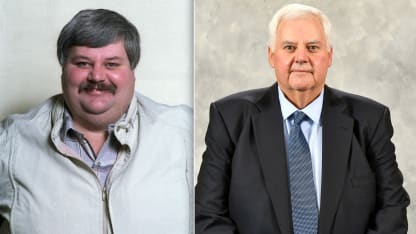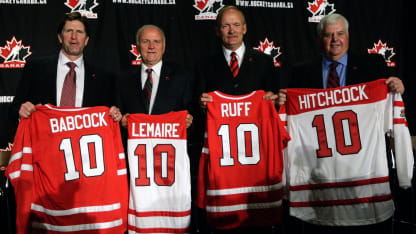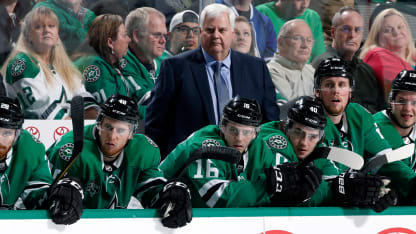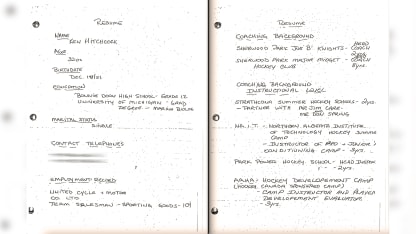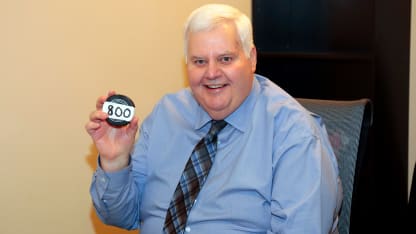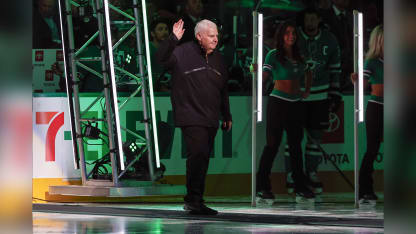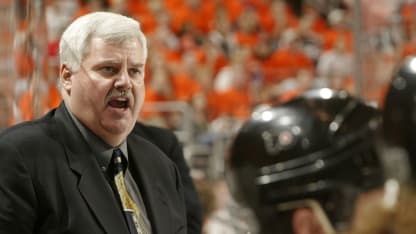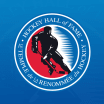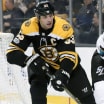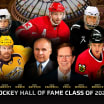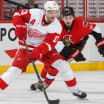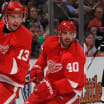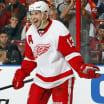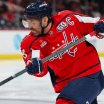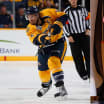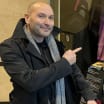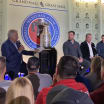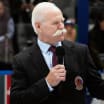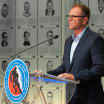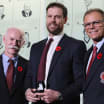The 2023 Hockey Hall of Fame induction is Monday. This class includes Henrik Lundqvist, Tom Barrasso, Pierre Turgeon, Mike Vernon, Caroline Ouellette. Ken Hitchcock and Pierre Lacroix. Here NHL.com columnist Dave Stubbs profiles Hitchcock.
Ken Hitchcock has heard the story forever, a tale that has grown to become hockey lore -- how he sharpened hundreds upon hundreds of pairs of skates at Edmonton’s legendary United Cycle, his road to Class of 2023 Hockey Hall of Fame induction beginning with a shower of sparks from a grinding wheel.
It’s time, Hitchcock says with a laugh, to set the record straight.
“The only time I ever sharpened skates was on Saturdays because the store was so busy," he said in recent conversation. "It was to give one of the guys working on the machine a break.”
And then, the anxiety was back.
“When good players came in on a Saturday to get their skates done, I was always a little bit nervous,” Hitchcock said. “You wanted to make sure you got it done properly. Sometimes, the (edge) was too sharp and I was always chasing it. I was very average at angles. You measured it by putting a dime on the edge of the blade to make sure it was level. Sometimes, my eyesight wasn’t great.”
That might have been the last thing in hockey in which Hitchcock has not excelled.
Coach, counselor, confidante; motivator, educator, champion.
